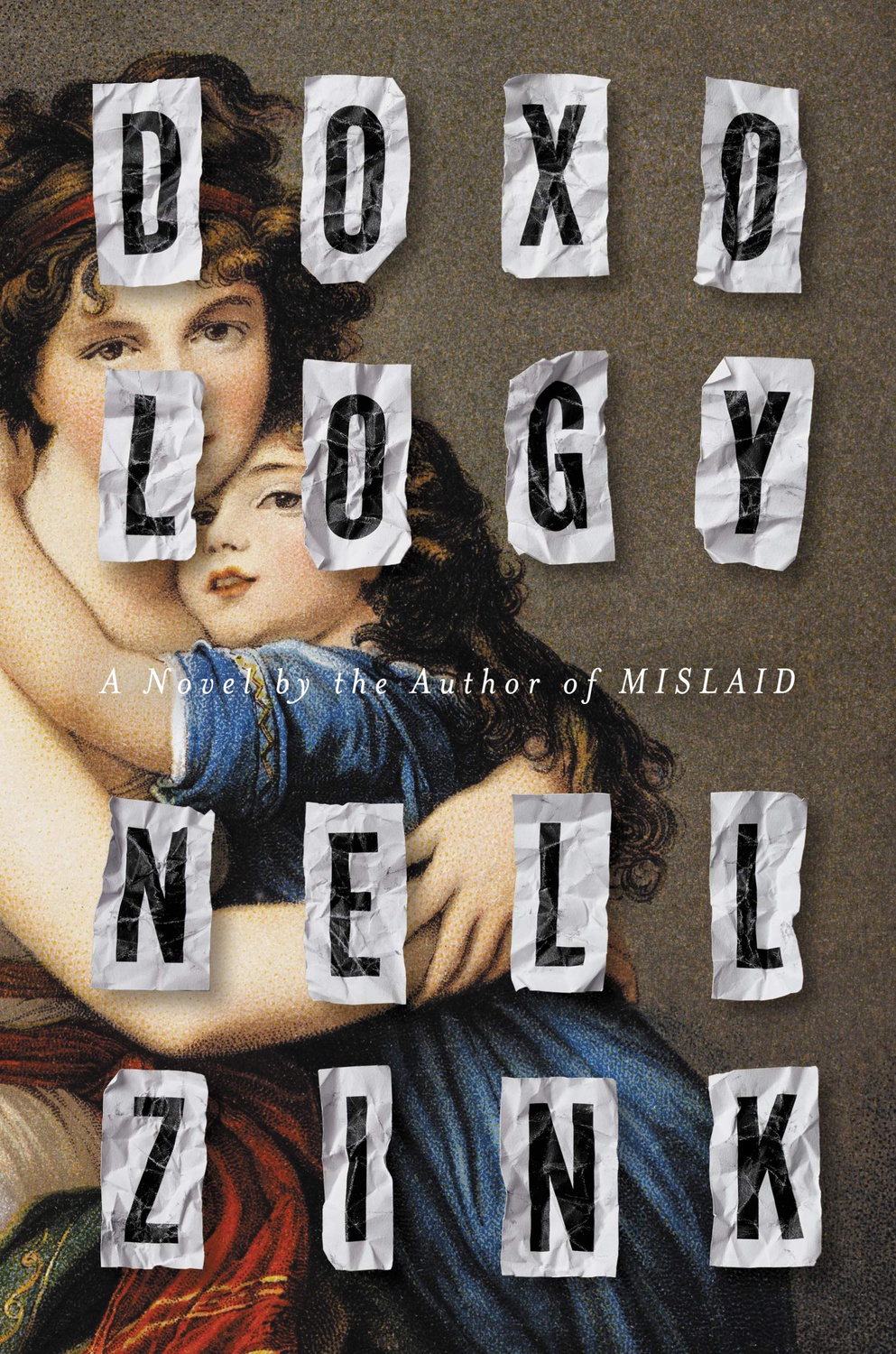
News
Summers Will Not Finish Semester of Teaching as Harvard Investigates Epstein Ties

News
Harvard College Students Report Favoring Divestment from Israel in HUA Survey

News
‘He Should Resign’: Harvard Undergrads Take Hard Line Against Summers Over Epstein Scandal

News
Harvard To Launch New Investigation Into Epstein’s Ties to Summers, Other University Affiliates

News
Harvard Students To Vote on Divestment From Israel in Inaugural HUA Election Survey
‘Doxology’ Is a Parody — Thankfully, Not Of Itself
4 Stars
Just halfway through “Doxology,” Nell Zink solves climate change, and the entire planet owes it to her for coming up with the revolutionary idea of ending economic growth. (Basically, ending unfettered capitalism.) Her protagonist, crunchy hippie Flora — who seems like one of those girls who doesn’t know she’s beautiful even if she has a horrible fashion sense — is actually the one who says this, but it’s inferrable that Zink may possibly agree. Given the context of a book written in the post-Trump world of uncertainty and impending oblivion, Zink drops a litany of no-nonsense bombshells about how newborns really aren’t that cute or about the desperation and unfortunate lifestyle of political campaign workers. “Doxology” is a funny romp through nearly three decades, and makes cultural commentary without crossing the line into confusing pretentiousness.
The novel begins with Pam, Flora’s soon-to-be mother, who runs away from home at 16, gets a job in New York City doing something with computers (the specifics are never clear), and soon meets Joe, an eccentric musician, and Daniel, a laid-back dude with a blurry, unspecific personality. (Let’s have a moment of silence for well-paying jobs like Pam’s that one can acquire with no technical training or additional degrees.) Pam and Daniel soon fall for each other, and have a daughter, whom they raise with Joe as their babysitter even as he skyrockets to fame and meets a girlfriend whom they come to hate. After his death they have to navigate the world without him. The concept of blind navigation becomes a recurrent theme throughout the novel — even as adults, neither Pam nor Daniel know what they’re doing, and Flora, as she applies to college, attends it, and graduates, seems to be no more certain than they.
If anything, this uncertainty, brought up again and again as Flora tries to figure out which man she wants to keep in her life, is a reaction to the seeming precariousness of the end of this decade. (Though the novel does begin roughly a decade and a half before, chronicling the evolution of Pam and Daniel, it acts as a set-up for the crises that Flora will come to experience.) No doubt every generation has felt this way at one time or another — it’s not as though college students or young adults have the monopoly on this sort of thing — but now there’s a new urgency and a more palpable fear. Flora joins the Green Party and campaigns for them, because, after all, who cares about economics and profit margins and a functioning government when it’s common knowledge that the planet is already seeing large-scale climate disruption? Zink subtly shows her readers that it doesn’t matter how man-made institutions are doing if the basic prerequisite, a stable planet with resources, is slowly becoming the third circle of hell.
And of course, amid the threat of climate change, is the seemingly endless reaction to the 2016 election. Many of this summer’s new releases are a direct response — or kinds of catharsis, if you will — to it. Everyone is just trying to process it as best they can, and in “Doxology,” that means that the characters are devastating in the most deadpan way possible, like they know that investing more in their irony is literally pointless. Zink even points out that being educated means that one will be unhappy: When one sees everything that’s wrong with the world, and understands the causes of contemporary problems, a little disillusionment is bound to creep in. “Doxology” is a parody, but definitely of the current landscape. Flora admits, when asked what she enjoys, that she likes music, maybe? But then she qualifies that with “But I don’t have time for that anymore.” Millennial burnout and general despondency, anyone? Depressing, yes, but Zink writes adjective descriptions for objects like “a white porcelain cherub was copulating with a polyurethane tomato hornworm,” which means that while the novel addresses the things that are currently making us all sad, it also does so in a way that doesn’t leave anyone despondent. Quite the opposite, actually. Zink’s crisp, zingy style leaves its mark precisely because she writes her sentences deftly, and lets them speak for themselves.
—Staff writer Cassandra Luca can be reached at cassandra.luca@thecrimson.com.
Want to keep up with breaking news? Subscribe to our email newsletter.

